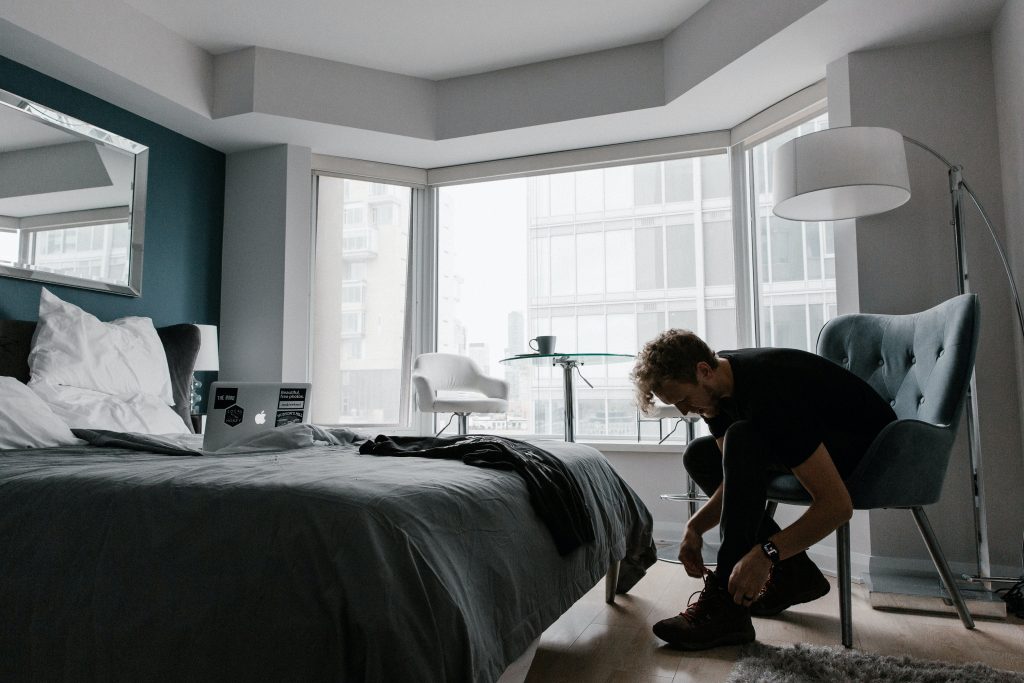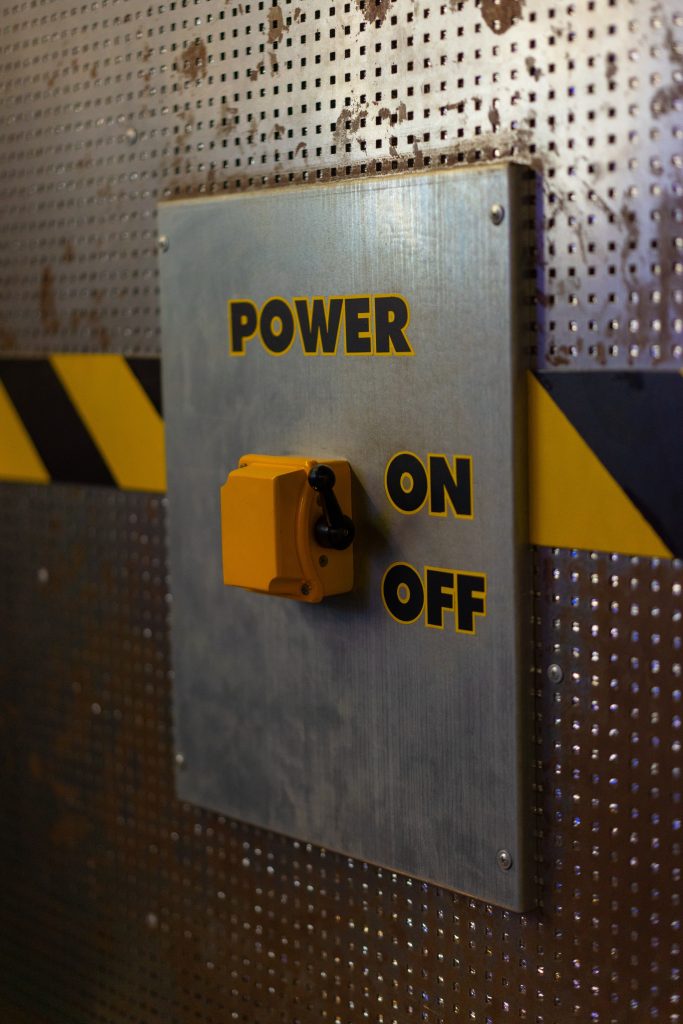How to Stop Porn Addiction: Overcoming Compulsive Use
Pornography is a touchy topic to talk about.
It’s something that you engage with during private times. Millions of people view porn to varying degrees, with tens of thousands accessing porn sites every second. Not everyone believes watching porn is problematic, but problems do arise for some people who view it.
Porn addiction is a serious problem for an estimated 3 to 6% of the population in the United States.1 Exact numbers are difficult to come by because high-speed internet pornography took off faster than researchers could keep up. People are also hesitant to talk about porn addiction problems because of the stigma surrounding them.
But you’ll never learn how to stop porn addiction if you aren’t able to ask for help. Still, the guilt and shame that people feel about their porn use make it almost impossible to reach out. Is there hope for people with pornography addiction? It may feel like compulsive porn use and masturbation will never go away, but there are tools you can use to overcome porn addiction.
What is Pornography Addiction?
Plenty of people view porn occasionally and the wide range of internet browsing data available backs that up. Use has skyrocketed over the last few decades, spurred by a few factors. Public opinion regarding porn has relaxed significantly. Additionally, the evolution of the internet has placed high-speed internet porn into the hands of anyone with a smartphone.
While not everyone who uses porn develops a problem, some become dependent on the images and videos they consume. Pornography addiction is the compulsive and uncontrolled use of pornography. Porn addiction has become a serious problem alongside the skyrocketing rates of pornography use among the population.
Some clinicians suggest that porn addiction problems are not a “real diagnosis.” They misunderstand the impact that porn has on men, especially as it has evolved over the last few years. Porn addiction causes difficulties in relationships, careers, families, and society as a whole.
How Porn Addiction Starts
Porn addiction problems are serious and often progressive. It typically begins during adolescence, often as an accidental exposure. With the incredible amount of pornography available on even the most common of sites, it’s difficult for children to avoid it entirely.
Young boys often seek out porn to learn more about sex or to explore themselves sexually.2 The sudden rush of dopamine from porn and masturbation becomes appealing to some of these young men and they continue engaging with it.
Most don’t realize they have a porn addiction problem until it’s too late. Oftentimes it starts during adolescence and progresses during their teenage years. When most or all sexual experiences occur on a screen, though, it severely affects sexual development. This lack of experience carries into adulthood and becomes a serious and ever-increasing problem.
Porn Addiction Symptoms
How do you know when porn addiction becomes a problem? There are some porn addiction symptoms you can look for to determine whether your use has crossed the line. Symptoms of pornography addiction include things like:
- Losing interest in sex
- Using porn to manage or cope with difficult emotions, such as sadness, anxiety, depression, or other mental health issues
- Experiencing relationship problems with your spouse or partner because of your pornography use
- Watching porn in risky situations, such as at work, in your car, or another public place
- Ignoring responsibilities to watch porn
- Having trouble focusing on tasks and activities because of preoccupation with thinking about porn
- Viewing progressively more intense or extreme genres of porn to feel the same sense of arousal
- Feeling ashamed, guilty, or frustrated for watching porn but continuing to watch it
- Spending lots of time either watching porn, thinking about porn, or feeling tired from watching it for long periods
- Spending lots of money on pornography, chat sites, or cam sites, even at the expense of necessities
- Watching illegal genres of pornography after “vanilla” porn is no longer engaging
- Progressing to real-life enactments of taboo or illegal acts seen in preferred genres of porn
- Wanting to stop using porn but finding yourself unable to
If you notice any of the signs above, you may want to reconsider your relationship with pornography. It’s easy to convince yourself that you don’t have a problem. If you aren’t able to control your use, though, and it continues to get worse, it’s time to reach out for help.
How to Stop Porn Addiction
Learning how to stop porn addiction starts with asking for help. The Porn Reboot system offers a simple, straightforward solution to your problem with porn addiction. We understand that porn is not a moral problem and it doesn’t mean you’re worthless. There is a biological explanation for your preference for porn but it’s long surpassed its usefulness.
Instead, the Porn Reboot program equips you with the tools and skills necessary to overcome porn addiction. It starts right here with you. Make the decision to reach out today and begin your journey to freedom from the grips of porn addiction.
References
- Journal of Clinical Medicine. (2019). Online Porn Addiction: What We Know and What We Don’t.
- Enough is Enough. (2021). Pornography.
How to Stop Porn Addiction: Overcoming Compulsive Use Read More »











